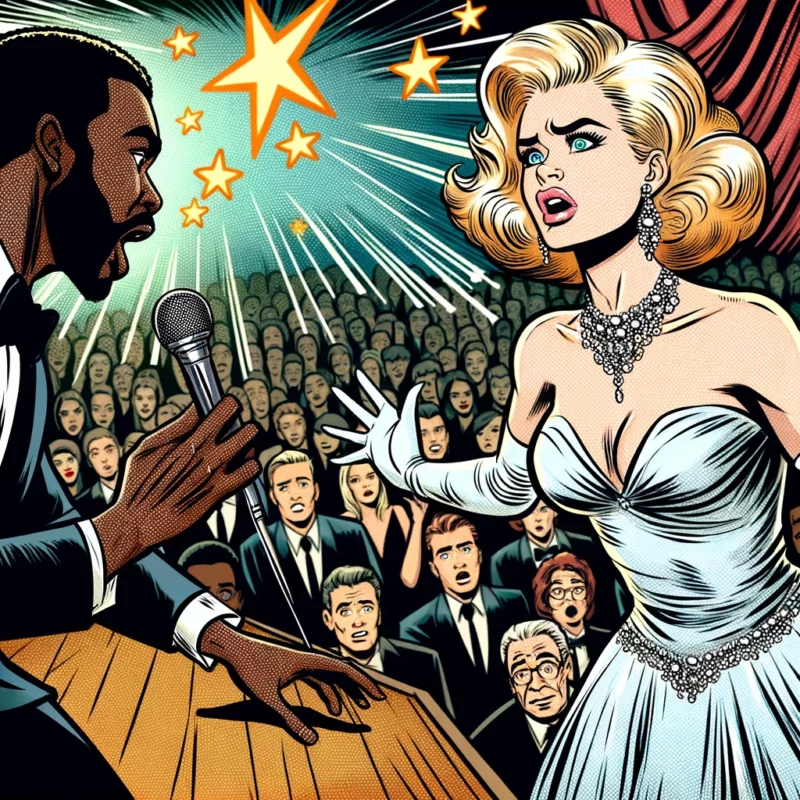What Happened to Kerouac: The Rise and Fall of a Literary Icon
Jack Kerouac, the iconic figure of the Beat Generation, captivated readers with his raw and unfiltered prose. His novel “On the Road” became a manifesto for a generation seeking freedom and rebellion against societal norms. However, as time went on, Kerouac’s life took a tumultuous turn, leading to his tragic downfall. In this article, we will explore the events that unfolded in Kerouac’s life and attempt to understand what happened to this literary legend.
Born on March 12, 1922, in Lowell, Massachusetts, Jean-Louis Lebris de Kerouac, later known as Jack Kerouac, grew up in a working-class family. His parents, Leo and Gabrielle, were immigrants from Quebec, Canada, and their French-Canadian heritage would later influence Kerouac’s writing style. Despite his humble beginnings, Kerouac showed an early aptitude for writing, and his passion for literature only grew as he entered Columbia University in 1940.
It was during his time at Columbia that Kerouac met the individuals who would become the core members of the Beat Generation. Allen Ginsberg, William S. Burroughs, and Neal Cassady were among the influential figures who would shape Kerouac’s literary journey. Together, they rejected the conformity of post-World War II America and sought to explore alternative lifestyles and artistic expressions.
Kerouac’s breakthrough came in 1957 with the publication of “On the Road.” The novel, based on his own experiences traveling across America, struck a chord with readers who were yearning for adventure and a sense of freedom. Kerouac’s spontaneous prose, characterized by its stream-of-consciousness style, resonated with a generation disillusioned by the constraints of society.
The success of “On the Road” propelled Kerouac into the spotlight, making him an overnight literary sensation. However, fame came at a cost. Kerouac struggled to cope with the pressures of his newfound celebrity status. He turned to alcohol as a means of escape, and his excessive drinking began to take a toll on his physical and mental health.
As the 1960s unfolded, Kerouac’s life spiraled further out of control. He became increasingly isolated and disillusioned, feeling disconnected from the countercultural movement he had helped inspire. The ideals of the Beat Generation were being co-opted and diluted, and Kerouac felt like an outsider in his own literary movement.
In addition to his personal struggles, Kerouac faced criticism from literary circles. Some accused him of being a one-hit wonder, unable to replicate the success of “On the Road.” Others dismissed his writing style as self-indulgent and lacking substance. Kerouac’s reputation as a literary genius began to wane, and he found himself grappling with feelings of inadequacy.
Despite his decline in popularity, Kerouac continued to write prolifically. He produced a series of novels, including “The Dharma Bums” and “Big Sur,” which delved into themes of spirituality and self-discovery. However, these works failed to resonate with readers in the same way as “On the Road,” and Kerouac’s literary career began to fade into obscurity.
Tragically, on October 21, 1969, Kerouac’s life was cut short at the age of 47. He died from an internal hemorrhage caused by years of heavy drinking. The news of his death sent shockwaves through the literary community, and many mourned the loss of a talented writer whose potential had been overshadowed by personal demons.
In the years following his death, Kerouac’s legacy has experienced a resurgence. His works have been reevaluated and recognized for their contribution to American literature. Scholars and readers alike have come to appreciate the rawness and honesty of Kerouac’s writing, seeing beyond the criticisms that plagued him during his lifetime.
Today, Kerouac is remembered as a literary icon who captured the spirit of a generation. His influence can be seen in the works of countless writers who have been inspired by his unapologetic approach to storytelling. While his life may have ended tragically, Kerouac’s impact on literature and popular culture continues to endure.
In conclusion, Jack Kerouac’s life was a rollercoaster ride of success, struggle, and ultimately, tragedy. From his humble beginnings in Lowell, Massachusetts, to his rise to fame as a literary sensation, Kerouac’s journey was marked by personal demons and a constant battle with his own inner demons. Despite the challenges he faced, Kerouac’s contribution to American literature cannot be understated. His raw and unfiltered prose continues to resonate with readers, reminding us of the power of words and the enduring legacy of a literary icon.







